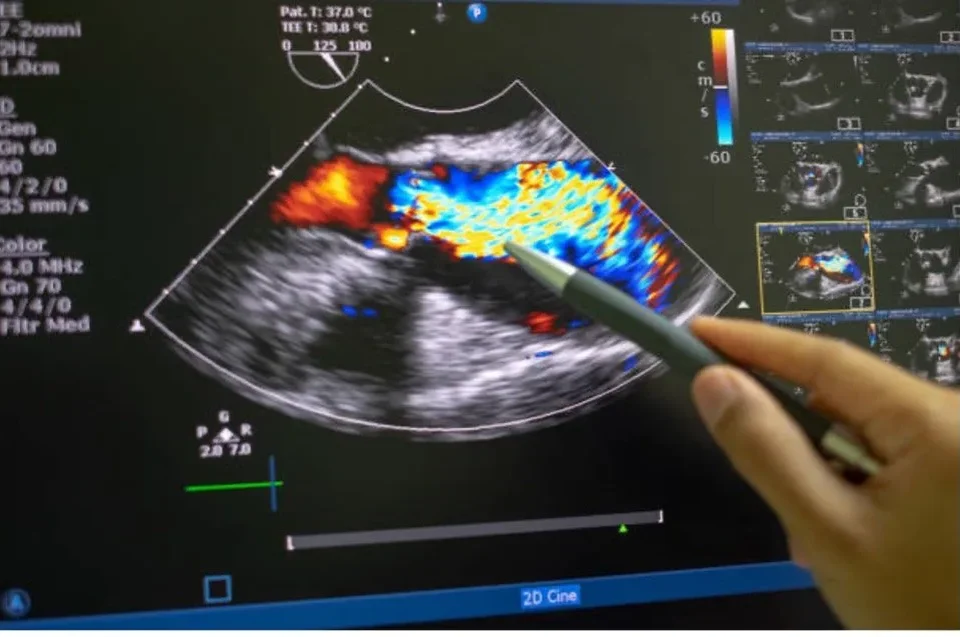
Why STD Screenings Are Part of a Healthy Lifestyle
September 10, 2025
How Pediatric Imaging Helps Detect Kidney Abnormalities in Children
September 10, 2025A cardiologist treats heart disease and also plays a fundamental role in preventive care, especially after age 50. As risk factors become common with age, regular consultations with a cardiologist can help detect issues early and reduce the risk of serious complications. Cardiology specialists help individuals protect their heart health and maintain well-being well into later years.
Understanding Age-Related Heart Risks
Heart disease risk increases significantly after age 50 due to several biological changes. Blood vessels naturally stiffen and narrow over time, making the heart work harder to pump blood throughout the body. Blood pressure rises as arteries lose flexibility, and cholesterol levels may increase without proper management.
The heart muscle itself can thicken with age, reducing its pumping efficiency. These changes happen gradually, which is why many people don’t notice symptoms until something happens. Family history also plays a larger role as genetic factors for heart disease become more apparent.
Men face higher risks starting in their 40s and 50s, while women’s risk increases dramatically after menopause. Diabetes, obesity, and smoking compound these age-related changes, creating multiple risk factors that a cardiologist needs to monitor carefully.
Seeking Specialized Care
Recognizing when to seek specialized cardiovascular care is key to addressing issues before they become severe. Here are some key signs that indicate it may be time to consult a cardiologist:
- Persistent chest pain or discomfort, particularly during physical activity.
- Shortness of breath that occurs during everyday activities or at rest.
- Irregular heartbeats, palpitations, or episodes of fainting without an identifiable cause.
- High blood pressure or high cholesterol levels that have been difficult to manage with lifestyle changes and medication.
- A diagnosis of diabetes, which is closely linked with an increased risk of heart disease.
- Unexplained swelling in the legs, feet, or abdomen, which may indicate underlying heart issues.
If any of these signs apply, a consultation with a cardiologist can help with proper diagnosis and a tailored treatment plan to support long-term heart health.
Scheduling Preventive Screenings
A comprehensive cardiac evaluation includes several key screenings and tests. Blood pressure monitoring becomes necessary after 50. Your cardiology specialist will check cholesterol levels, including LDL, HDL, and triglycerides, to assess your risk for arterial blockages.
Electrocardiograms (EKGs) help to detect irregular heart rhythms and signs of previous heart damage. Echocardiograms use ultrasound to evaluate heart structure and function, showing how well your heart pumps blood. Stress testing reveals how your heart performs under physical exertion, helping identify blockages in coronary arteries.
Blood tests can reveal markers of inflammation and heart damage that aren’t visible on other tests. Your cardiologist may also recommend calcium scoring, which measures calcified plaque in coronary arteries. These screenings help create a complete picture of your cardiovascular health and guide treatment decisions.
Ongoing Cardiologist Care
Regular cardiology care provides several benefits. Early detection of heart problems allows for less invasive treatments and better outcomes. Your cardiologist can optimize medications to control blood pressure, cholesterol, and other risk factors before they cause damage. Lifestyle counseling from a cardiology specialist helps you make effective changes to diet, exercise, and stress management.
Regular monitoring also helps track the effectiveness of treatments and make adjustments as needed. Preventive cardiology care can prevent emergency situations that require hospitalization or surgery. Your cardiologist can also coordinate care with other specialists if you develop diabetes, kidney disease, or other conditions that affect heart health.
Book Your Cardiologist Appointment Today
Preventive cardiology care after 50 is fundamental for maintaining cardiovascular health and preventing serious complications. Regular screenings and assessments help detect problems early. Working with a qualified cardiologist provides the expertise needed to navigate age-related cardiovascular changes successfully. Contact a trusted practice near you to book your appointment with a cardiologist today.





